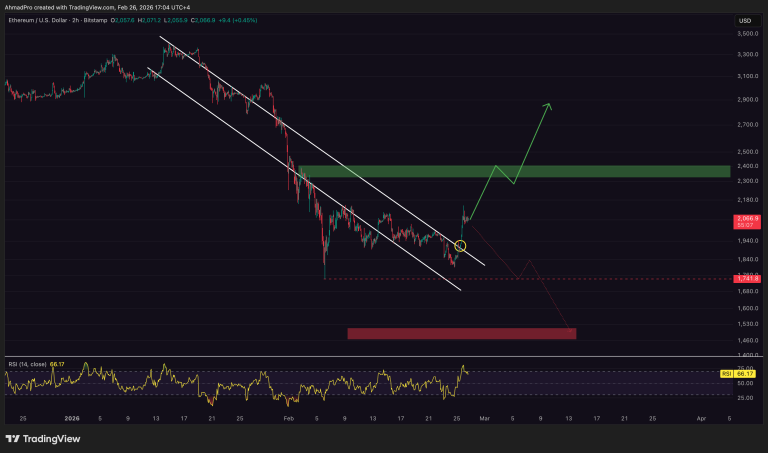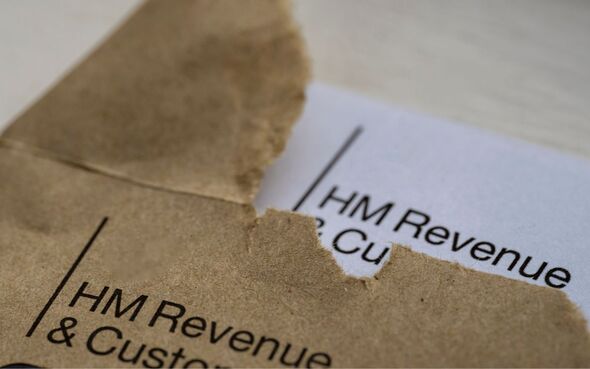2023-12-28 23:59:33 Until 2027, the Generalitat will invest 2.4 billion euros to guarantee supply, improve the environment and confront drought and the climate emergency. So far, it has already invested 290 million euros to encourage municipalities and agriculture to be more efficient in water management, and 160 million euros to support the countryside. It also plans to expand and build new desalination plants and 174 new treatment plants, as well as doubling the water regeneration stations. In the field of desalination plants, it is planned to double production capacity and go from the current 80 hm3 to 160 in the coming years. This will be possible thanks to the expansion of the Tordera desalination plant, which will go from 20 to 80 hm3 of production capacity, and the construction of a plant at the mouth of the Foix River, with a capacity to produce 20 hm3. Until 2027, the Generalitat will invest 2.4 billion euros to guarantee supply, improve the environment and confront drought and the climate emergency. Currently, work is being done on the modernization of the ETAP del Ter, which is the largest drinking water treatment plant in Catalonia, and on the construction of two water purification plants in the final section of the Besòs. Specifically, in the area of the river as it passes through Montcada and Reixac and between Barcelona, Santa Coloma de Gramenet and Sant Adrià de Besòs, in the areas of Mas Rampinyo and Bon Pastor. The forecast, in the case of ETAP del Ter, is that the works will begin next autumn. The worst drought in 100 years We find ourselves in a drought context which is the worst in the last 100 years, that is, since records have been kept (in 1905). According to the Servei Meteorològic de Catalunya, it is the harshest drought ever experienced in the country and has no signs of regression in the short term. In fact, it has been raining below average for three years. Right now, the drought affects more than half of the territory and no rain is expected in the coming weeks. At this time, water reserves are at 17% of their capacity. Two years ago, the Government launched the Sequera Special Plan, which has made it possible to delay the entry into the emergency situation due to lack of water throughout the territory by one year. Thanks to the plan, it has been possible to generate the water used by all of Catalonia in 8 months. At the same time, the Taula Nacional de l’Aigua has been promoted, which will serve, in the future, to adapt to more frequent droughts. Furthermore, thanks to Catalonia’s Reclaimed Water Reuse Plan, which involves an investment of 126 million euros over four years, Catalonia will reuse the same volume of water that Barcelona needs to supply itself for a year, according to the Minister of Climate Action, David. Mascort. All actions against drought seek, in the words of the counselor, “to provide the system with structural resistance.” The Ter-Llobregat, in pre-emergency Currently, the municipalities of the Ter-Llobregat system, which make up the most populated area in Catalonia, are in a pre-emergency phase due to the drought situation. This means that each inhabitant has limited water consumption to 210 liters per day, including economic and commercial activities. The measure affects 202 municipalities in 14 regions, with almost 6 million inhabitants. At this moment, the average water consumption in Catalonia is 117 liters per inhabitant per day, a figure that is above the WHO recommendation, which is 100 liters. Related news With the entry into force of this phase, all the water savings that occur at home, in economic activities and in sports must serve, according to Mascort, to prolong the entry into the emergency phase, “which would mean applying more serious restrictions “. In the pre-emergence phase, grass irrigation is prohibited in all cases, except on surfaces intended for federated practice of the sport. Only survival irrigation can be done in the trees and private pools for individual or single-family use cannot be filled. Regarding vehicle washing, the car can only be cleaned in commercial establishments dedicated to this activity. How to save water? To extend the entry into the emergency phase, the Government has launched the campaign Water does not fall from the sky, which gives guidelines for saving water at home. Some of them are: showering instead of bathing, turning off the faucet when we brush our teeth or soaping our hands, repairing faucets that leak water, filling the washing machine well to avoid adding more, and flushing the chain by pressing the smallest button. , which is the one that discharges the least water. #Barcelona #area #cover #water #years #investments #Generalitat














